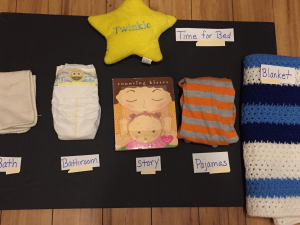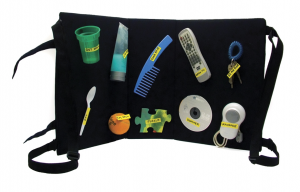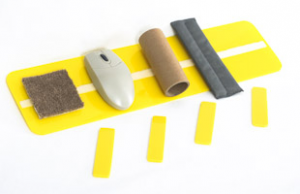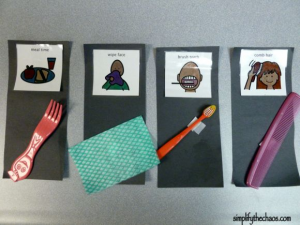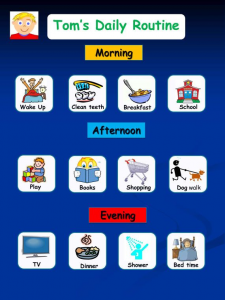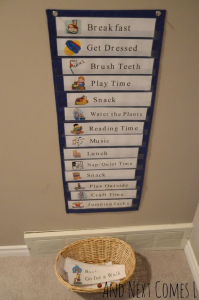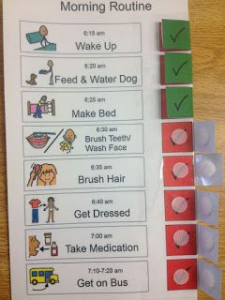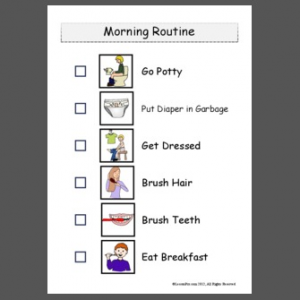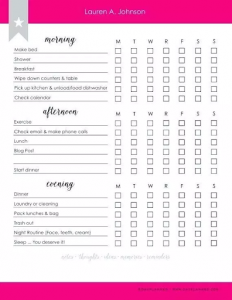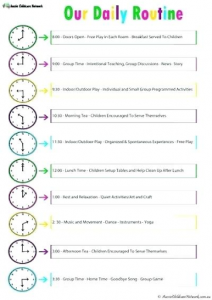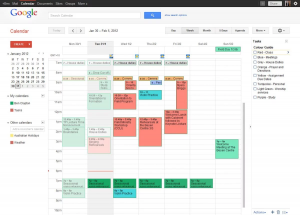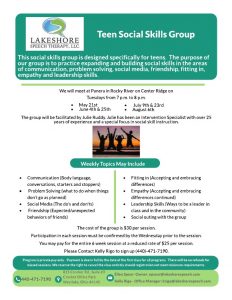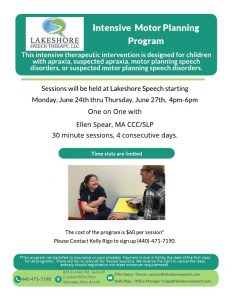Last week the blog focused on creating schedules (If you didn’t get a chance to read it, feel free to do so now, we’ll wait.). This week we will mention some of the fun and FREE opportunities in the Greater Cleveland Area you might consider adding to your schedules.
Our area libraries are a treasure trove of fun, educational and for the most part FREE activities to fill the days of summer. Don’t forget for older children – most schools assign summer reading projects, inquire if the library is running a special group specific to your school’s summer reading.
- Cleveland Public Library System – celebrates 150 years this year!
- Cuyahoga Library System
- Lakewood Public Library
- Rocky River Public Library
Cleveland’s Metropark system is amazing and offers so many activities for young and young at heart. Besides the free concerts throughout the area, the Cleveland Zoo is FREE on Mondays!
Recess Cleveland is offering a free and fun event every Tuesday through the month of June!
Cleveland Public Square offers free events throughout the summer! Of particular interest is the Summer Splash. This free, family event in Cleveland Public Square is designed for children 2 to 10 years old. It takes place every day of the week from June 1-August 31 from 11am-4pm.
Great Lakes Science Center is offering FREE admission on June 23rd!
Let’s not forget the many FREE festivals throughout the area this time of year!
There are many adventures waiting for you and your loved ones! Pick one or twenty and prepare to share wonderful experiences together!
Yours in Speech,
Lakeshore Speech Therapy, LLC.





